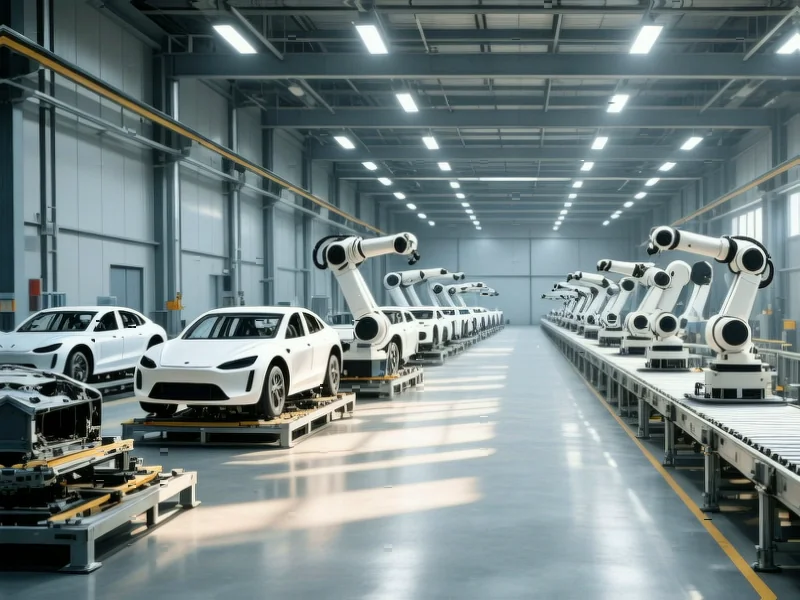Nike has introduced Project Amplify, a robotic footwear system that enhances lower leg and ankle movement. The innovation, still in testing, targets casual athletes with mile paces of 10-12 minutes. It’s expected to launch broadly in the coming years.
Nike’s Robotic Footwear Innovation
Nike has unveiled Project Amplify, a new robotic-powered footwear system designed to assist with running and walking, according to reports. The system integrates a motor, drive belt, and rechargeable cuff battery into a carbon fiber-plated running shoe, aiming to augment natural lower leg and ankle movement. Sources indicate that while the technology looks promising, it may still be some time before consumers can experience it firsthand.









